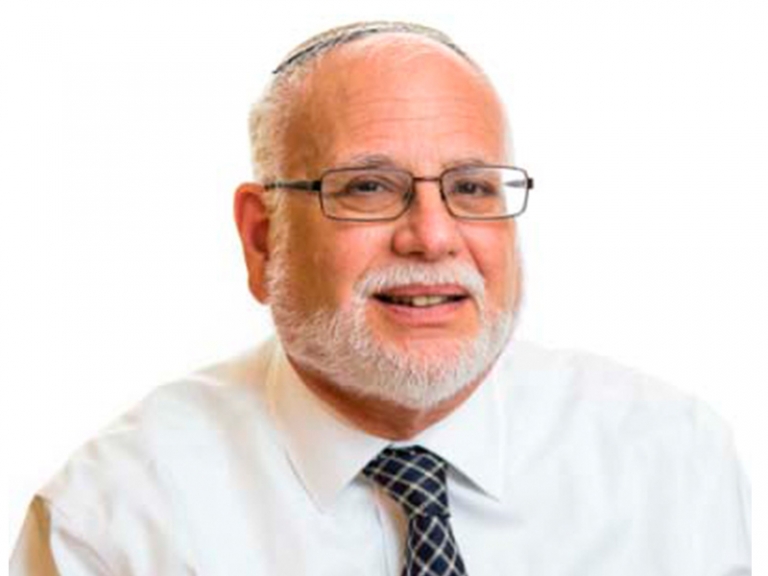D'var Torah by Dr. Kalman Stein, Head of School

Dear Hebrew Academy Community:
The Gemara (Megillah 31b) states that when Ezra HaSofer initiated the cycle of weekly Torah readings, he determined that Parashat Bechukotai should always be read immediately before Shavuot. The Gemara explains that that we should read the curses included in Bechukotai—that is, the long and frightening list of what would befall Am Yisrael should they abandon God and His Torah—on the Shabbat preceding Shavuot because Shavuot is a New Year’s Day and Day of Judgment in that it is on Shavuot that Hashem determines the success of the year’s fruit harvest. Accordingly, the Gemara explains, it is appropriate “to dispense with the year’s curses as the year ends” before beginning a new year which we hope will only bring Brachot.
We do not often simply ignore the instruction of the Gemara, but for many, many centuries it has been the universal Jewish practice not to read Bechukotai immediately before Shavuot but rather to always read Parashat BaMidbar, as we will this Shabbat.
There are many reasons given for the link between Shavuot and BaMidbar. I’ve heard—but not seen in writing—in the name of Rav Soloveitchik zts’l that the key connection is with the last three Pesukim of the Haftarah of BaMidbar. The three verses which are well-known to any Jewish male who recites them as he winds his Tefillin around his finger are:
וארשתיך לי לעולם, וארשתיך לי בצדק ובמשפט ובחסד וברחמים
and ‘וארשתיך לי באמונה וידעת את ה—
I will betroth you to Me forever; I will betroth you to Me in righteousness and justice, with lovingkindness and compassion; I will betroth you to Me in faithfulness and you will know the Lord.
The act of giving and receiving the Torah was the betrothal of the Jewish People to God. In fact, this reenacted in many Sephardic congregations in which a Ketubah Le-Shavuot—a marriage contract for Shavuot--is read as a symbolic betrothal of God and His people Israel just before the morning’s Torah reading on Shavuot morning. There are various versions of such Piyyutim but all of them are similar in terminology to either the traditional Tenai’m or Ketubah which are included in every wedding ceremony.
These three Pesukim remind us that our national and personal relationship with God should be a romantic one. Yes, as we say many times on Rosh Hashanah and Yom Kippur, of course, “We are Your servants, and You are our master;” “We are Your people, and You are our king.” But on Shavuot as we prepare for Kabbalat HaTorah the theme of the day should be “אנו רעיתך, ואתה דודנו--We are your loved ones, and You are our Beloved.”
The best way to ensure our continuity, to foster our way of life amongst our children and students, is to demonstrate to them how much we love Judaism, that remaining faithful to our marriage vows with God is a labor of love. As each of us approaches his/her own Kabbalat HaTorah in the coming days let us help our children understand that indeed we believe:
אשרינו מה טוב חלקנו ומה יפה ירושתנו
How fortunate we are because our portion is so good, our inheritance is so pleasant!
Shabbat Shalom & Chag Samai’ach,
Dr. Kalman Stein
Head of School

